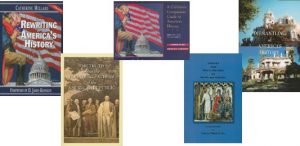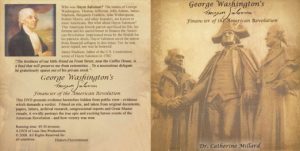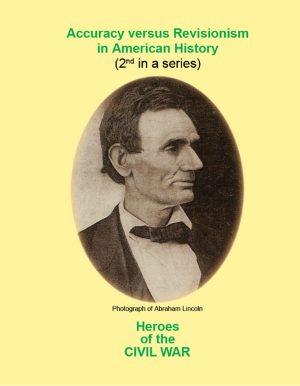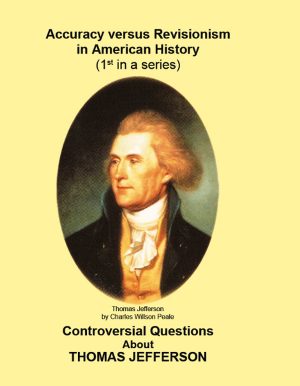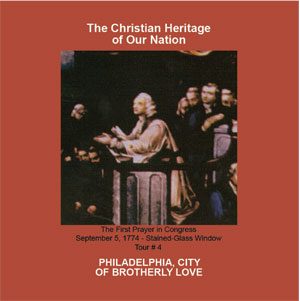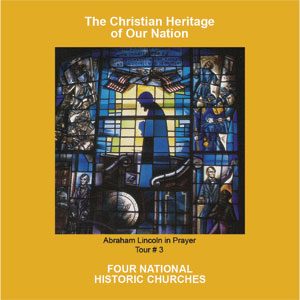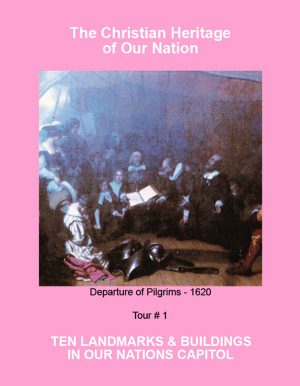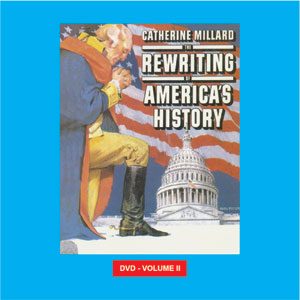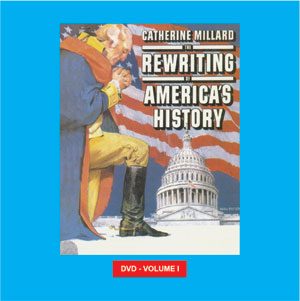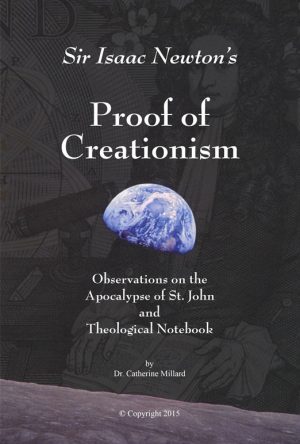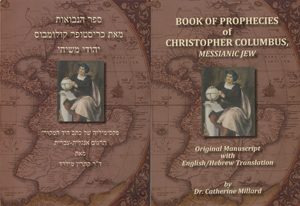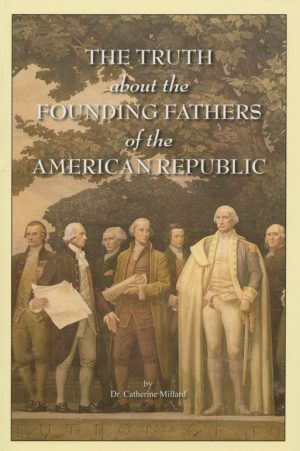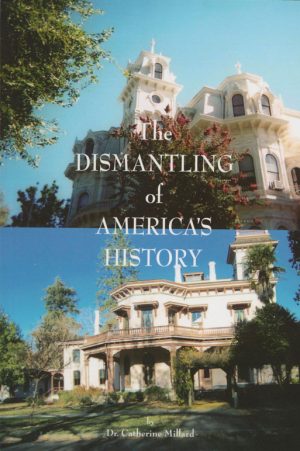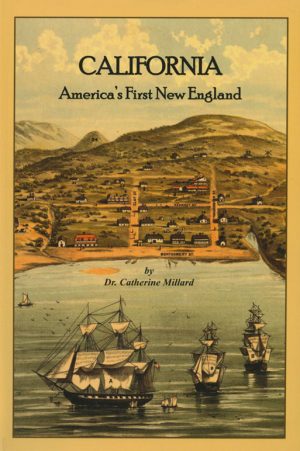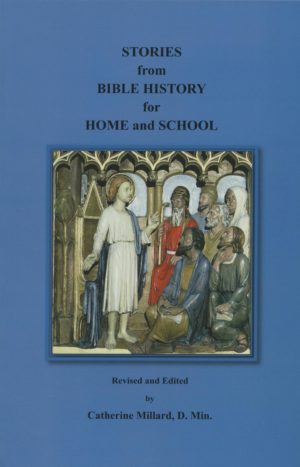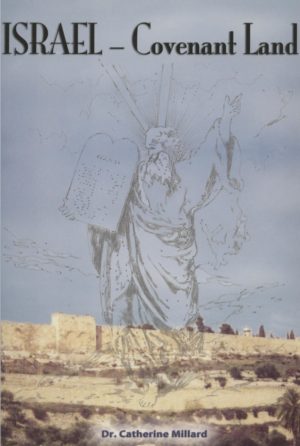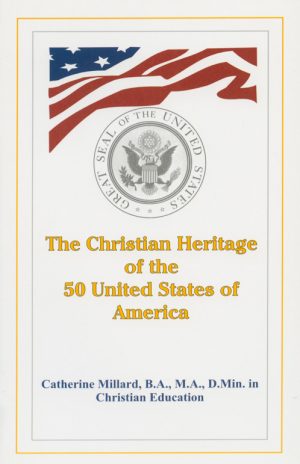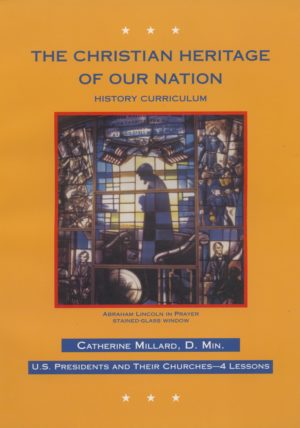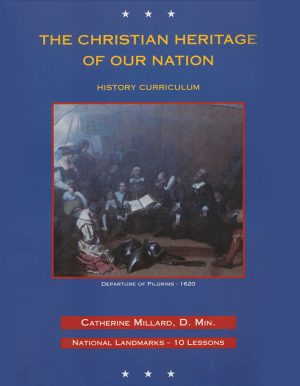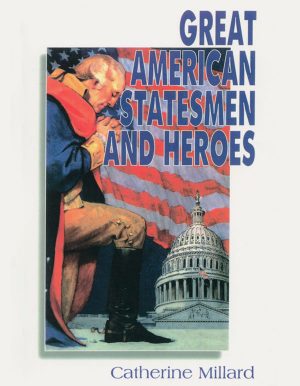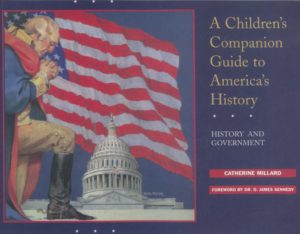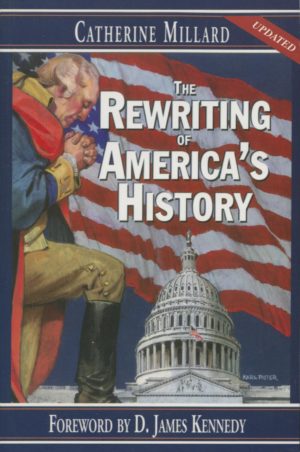When in the course of human events it becomes necessary for one people to dissolve the political bands which have connected them with another, and to assume among the powers of the earth, the separate and equal station to which the laws of nature and of nature’s God entitle them, a decent respect to the opinions of mankind requires that they should declare the causes which impel them to the separation.
We hold these truths to be self-evident, that all men are created equal, that they are endowed by their Creator with certain unalienable rights, that among these are life, liberty and the pursuit of happiness. That to secure these rights, governments are instituted among men, deriving their just powers from the consent of the governed… That these United Colonies are, and of right ought to be, free and independent States; that they are absolved from allegiance to the British Crown, and that all political connection between them and the State of Great Britain, is and ought to be totally dissolved;…And for the support of this declaration, with a firm reliance on the protection of Divine Providence, we mutually pledge to each other our lives, our fortunes, and our sacred honor.
(signed) July 4, 1776.
Virginia’s Richard Henry Lee, delegate to the Continental Congress, penned and submitted, on June 7, 1776, his famous resolution asserting “that these United Colonies are, and of right ought to be, free and independent States”. John Adams praised the resolution as follows:
Yesterday the greatest question was decided which ever was debated in America; and a greater perhaps never was, nor will be, decided among men. A resolution was passed without one dissenting colony, that those United Colonies are, and of right ought to be, free and independent States.
– John Adams
Taxation without Representation
British Parliament had passed prohibitive tax laws between 1764 and 1773: The Sugar Act (1764); the Stamp Act (1765) – which required tax stamps on newspapers, magazines and other printed matter – and the famed Tea Act (1773), resulting in the “Boston Tea Party.” Being vigorously resisted by the American Colonists, the Stamp Act was eventually repealed. Taxation without representation, together with the Crown of England’s denunciation of the Colonists as “rebels,” and Thomas Paine’s “Common Sense,” brought about patriotic fervor. This spread throughout the 13 States with “Organizer of the American Revolution,” Samuel Adams’ circular letters, and groups such as the Sons of Liberty.
Jefferson pens his Declaration
Shortly after Lee’s Resolution for Independence, in June, 1776, Thomas Jefferson penned his immortal document in Philadelphia. Only a few minor changes were made by Benjamin Franklin and John Adams, members of the Committee appointed by Congress to evaluate it. Fifty-six delegates to the Continental Congress from the 13 original Colonies, including John Hancock, its President, signed the document. The Preamble of Jefferson’s Declaration – foundation stone for the U.S. Constitution, is great for two reasons: 1) The boldness of its principles, and 2) It was the first time in world history that these principles were enacted, establishing a new form of government and a new nation. On July 4, 1776 these 56 signers changed the course of history forever, by dealing a fatal blow to despotic power and the rule of tyrants, as boldly proclaimed in the new nation’s – and Virginia’s – first mottoes. They are, respectively: “Rebellion to Tyrants is Obedience to God,” and “Ever thus to Tyrants.”
“The Truth of Christian Religion” by Hugo Grotius
In his Preamble to the Declaration of Independence, Jefferson asserts that the new nation now “assumes among the powers of the earth the separate and equal station to which the laws of nature and of nature’s God entitle them.” From whence does this underlying principle originate? There are a hundred and ninety entries under the title “Religion” in Thomas Jefferson’s Library, now part of the Library of Congress, Rare Book Collection. It reflects a well-equipped and balanced library of Bibles and Christian works of the highest caliber, showing forth Jefferson’s extensive personal collection of Old and New Testaments, intact. Included therein is The Truth of Christian Religion by Hugo Grotius, 1694. Not only is the title page initialed by Jefferson, but he has marked many sections of Grotius’ writings.
Hugo Grotius, father of International Law
Grotius (1583-1645) was a Dutch Jurist, famous as the father of International Law. Intellectually one of the greatest men of his age, Grotius was no less outstanding in the statesman-like nobility of his mind and spirit. As a brilliant classical scholar, he tried to devise a basis for the unification of the warring Christian nations. His The Truth of Christian Religion, written as a treatise of Protestant Christianity, became widely used in Protestant Christian nations.
Grotius also wrote noted Commentaries on the Bible. His The Rights of War and Peace (1625), laid the basis for International Law. Concerned about the unbridled sovereignty of the national states, the author set out to find some universal law to which all alike were subject. He founded his system on “the laws of nature and of nature’s God.” Since all nations are subject to this natural law, there is no justification for international anarchy. I quote:
…For the Author of nature ordained that we should, as individuals, be weak, and in need of many things to make life comfortable, in order that we might be the more impelled to cling to society. But utility is the occasion of civil laws; for the association of subjection by mutual compact was at the first instituted for the sake of some utility. And, accordingly, they who prescribe laws for others, in doing this, aim, or ought to aim, at some utility to be produced to them for whom they legislate…
To learn more, click here. (Rewriting book)
___________________________
Bibliography:
1
Grotius, Hugo. The Truth of Christian Religion, Thomas Jefferson’s personal copy. Jefferson’s Library, under “Religion.” Rare Book Collection, Library of Congress.
